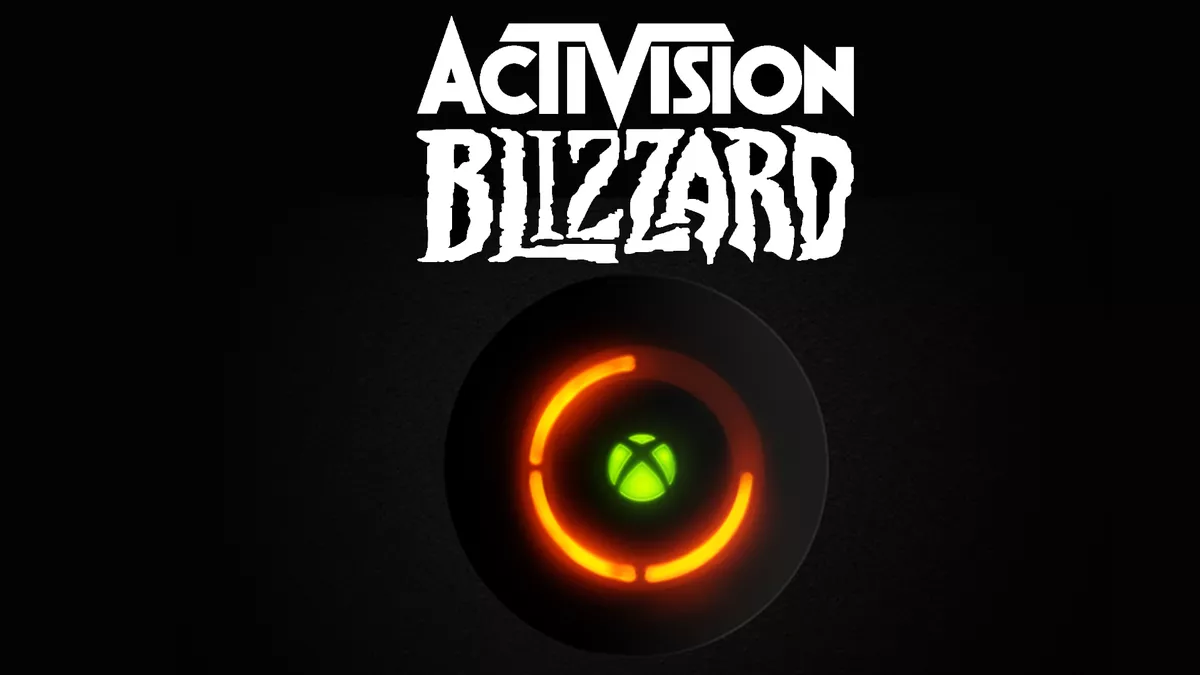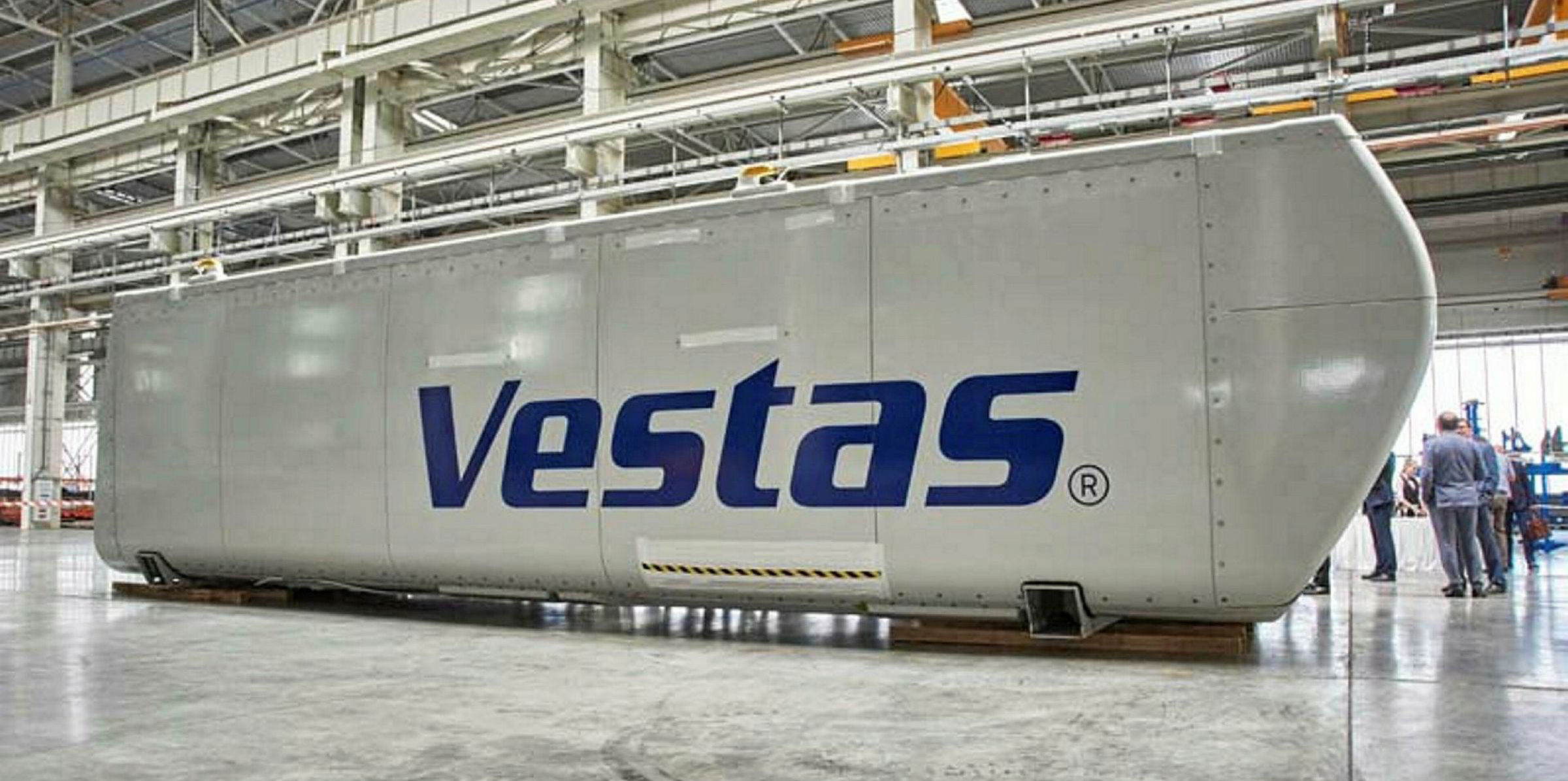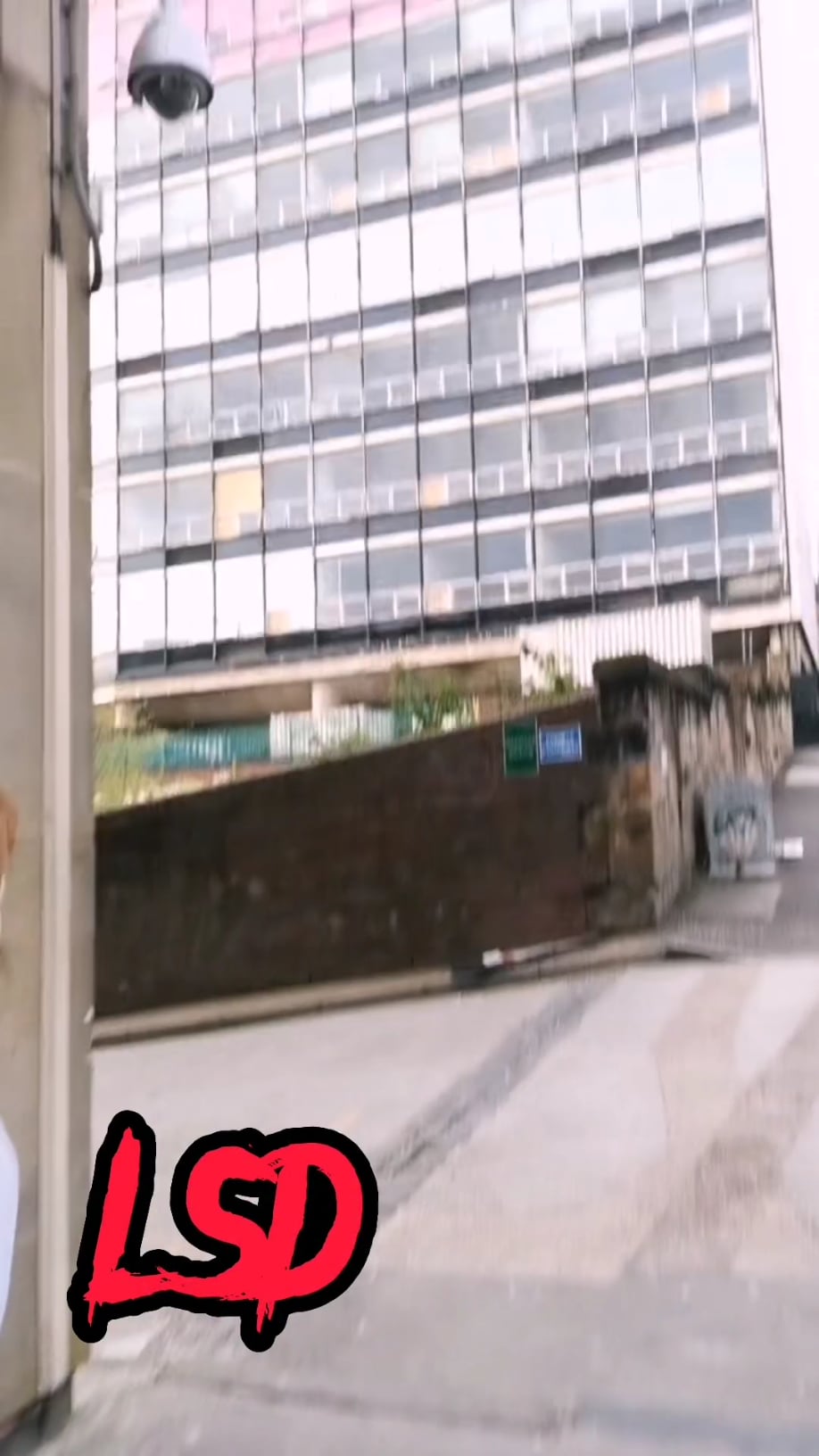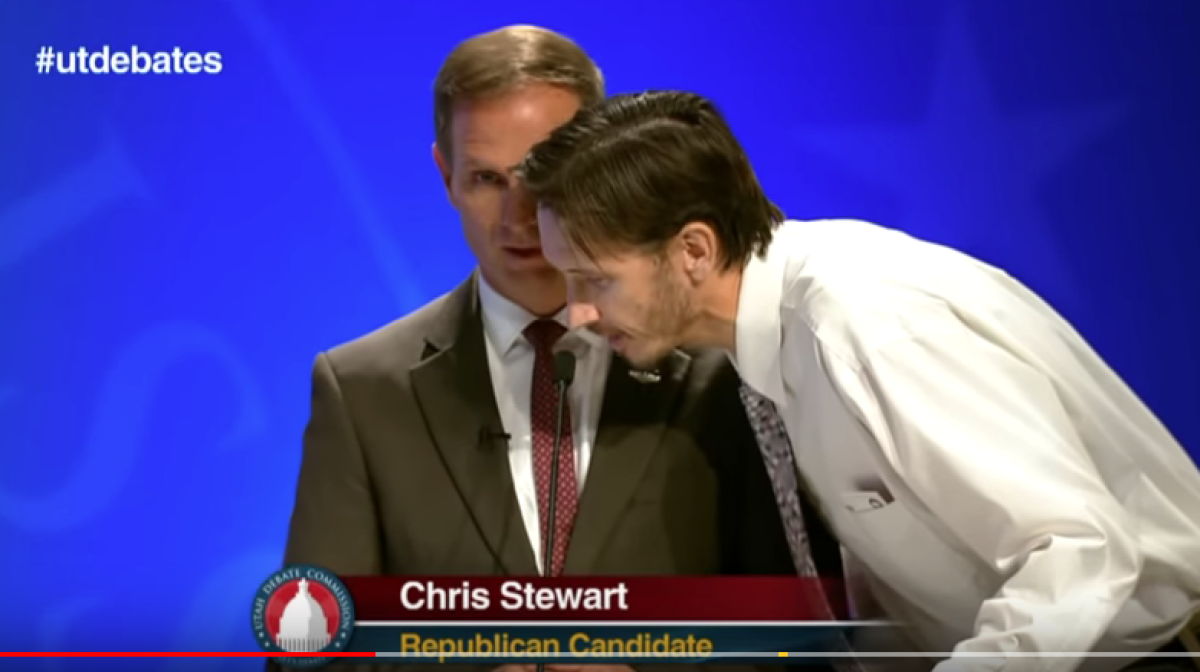FTC To Appeal Microsoft-Activision Merger Ruling

Table of Contents
H2: The FTC's Concerns Regarding the Microsoft-Activision Merger
The FTC's primary argument against the Microsoft-Activision merger centers on its potential to stifle competition, particularly within the burgeoning cloud gaming market. The commission believes the merger would grant Microsoft an unfair advantage, harming consumers and hindering innovation.
The FTC’s concerns boil down to several key points:
- Reduced competition leading to higher prices for gamers: By controlling major franchises like Call of Duty, Candy Crush, and World of Warcraft, Microsoft could potentially raise prices for these games or limit their availability on competing platforms. This could result in less choice and higher costs for gamers.
- Limited consumer choice in games and gaming subscriptions: The merger could lead to less diversity in the gaming market, as Microsoft might prioritize its own platforms and services, potentially hindering the growth of rival subscription services and independent game developers.
- Potential for Microsoft to leverage Activision's popular franchises to stifle competition: The FTC worries that Microsoft could use Activision's popular titles, especially Call of Duty, to make it harder for competitors to survive. This could involve exclusive deals, timed releases, or other strategies designed to favor Microsoft's ecosystem.
- Insufficient proposed remedies: The FTC argued that the remedies proposed by Microsoft to address competitive concerns, such as keeping Call of Duty on PlayStation, were insufficient to mitigate the potential harms of the merger. They claimed these remedies lacked the necessary teeth to ensure fair competition.
H2: The Judge's Ruling and the Reasons Behind It
A federal judge dismissed the FTC's lawsuit, allowing the merger to proceed. The judge's decision rested on several key arguments presented by Microsoft's defense team.
- Microsoft's commitment to keeping Call of Duty on PlayStation: Microsoft made a significant commitment to keep Call of Duty available on PlayStation for at least ten years, a factor heavily considered by the judge in their decision.
- Arguments about the competitive landscape in the gaming industry: Microsoft argued that the gaming market is highly competitive, with many significant players offering diverse game experiences and subscription services. They maintained that their acquisition of Activision Blizzard would not significantly alter this competitive landscape.
- Evidence presented regarding the health of competition and its lack of harm: Microsoft presented evidence demonstrating that the gaming market was robust and that the merger wouldn't harm competition. This included data on market share, consumer behavior, and the continued success of competing platforms.
- Influence of legal precedents: The judge's decision was also influenced by established legal precedents regarding mergers and acquisitions, and the burden of proof required to demonstrate a significant threat to competition.
H2: Implications of the FTC's Appeal for the Gaming Industry
The FTC's appeal introduces significant uncertainty into the gaming landscape. Several key implications emerge:
- Uncertainty for gamers awaiting the release of new games: The ongoing legal battle could delay the integration of Activision Blizzard into Microsoft, potentially impacting the release of future games and updates.
- Potential delays in the integration of Activision Blizzard into Microsoft: The appeal process itself could take considerable time, delaying Microsoft's plans for integrating Activision Blizzard's properties into its existing ecosystem.
- Impact on future regulatory scrutiny of large tech mergers: The outcome of this appeal will likely set a precedent for future antitrust cases involving large technology mergers, influencing how regulators approach similar transactions in the future.
- The precedent this appeal will set for future antitrust cases in the gaming industry: This case is setting a critical precedent for how future antitrust cases involving the gaming industry are handled. The FTC's success or failure could heavily influence the regulatory environment for future acquisitions.
H3: The Role of Cloud Gaming in the FTC's Arguments
The FTC's concerns are heavily focused on the potential for Microsoft to leverage its acquisition of Activision Blizzard to dominate the rapidly growing cloud gaming market. Microsoft's Xbox Cloud Gaming service is a key player in this space, and the FTC fears that by adding Activision's extensive catalog of games, Microsoft could effectively lock out competitors.
- Potential for Microsoft to leverage Activision's IPs to exclude competitors: The FTC argues that Microsoft could make popular Activision Blizzard titles exclusive to its cloud gaming service, stifling competition and limiting consumer choice.
- Long-term impact on innovation in the cloud gaming space: A dominant player in the cloud gaming market could stifle innovation, as smaller competitors struggle to compete with Microsoft's extensive library and resources.
- Examination of other cloud gaming providers and their market share: The competitive landscape in cloud gaming is constantly shifting, but the FTC's argument focuses on the potential for Microsoft to achieve a dominant position that could hinder innovation and fair competition.
3. Conclusion
The FTC's appeal of the Microsoft-Activision merger ruling represents a crucial moment in the ongoing debate over competition and market dominance within the gaming industry. The outcome will have profound consequences for gamers and the future of tech mergers. The emphasis on cloud gaming underlines the dynamic and increasingly complex regulatory challenges presented by the evolving gaming market. Stay informed about this ongoing legal battle to understand how this landmark case will shape the future of gaming and competition in the tech industry. Continue to research the latest updates on the FTC and Microsoft-Activision merger appeal.

Featured Posts
-
 Nyt Spelling Bee Hints And Answers For February 3rd 2024 Puzzle 337
Apr 26, 2025
Nyt Spelling Bee Hints And Answers For February 3rd 2024 Puzzle 337
Apr 26, 2025 -
 Uk Wind Auction Reform Vestas Highlights Threat To Factory Investment And Jobs
Apr 26, 2025
Uk Wind Auction Reform Vestas Highlights Threat To Factory Investment And Jobs
Apr 26, 2025 -
 Construction Of Worlds Tallest Abandoned Skyscraper To Resume After A Decade
Apr 26, 2025
Construction Of Worlds Tallest Abandoned Skyscraper To Resume After A Decade
Apr 26, 2025 -
 Paris Nice 2024 Jasper Merliers Double Stage Wins
Apr 26, 2025
Paris Nice 2024 Jasper Merliers Double Stage Wins
Apr 26, 2025 -
 The Enigma Of Lady Olive A Naval Mystery And The German Submarine
Apr 26, 2025
The Enigma Of Lady Olive A Naval Mystery And The German Submarine
Apr 26, 2025
Latest Posts
-
 Paolini Y Pegula Caen En Dubai Fin Prematuro En El Wta 1000
Apr 27, 2025
Paolini Y Pegula Caen En Dubai Fin Prematuro En El Wta 1000
Apr 27, 2025 -
 Paolini Y Pegula Sorpresa En Dubai Eliminadas De La Wta 1000
Apr 27, 2025
Paolini Y Pegula Sorpresa En Dubai Eliminadas De La Wta 1000
Apr 27, 2025 -
 Outrage Anti Vaccination Advocate Appointed To Autism Study
Apr 27, 2025
Outrage Anti Vaccination Advocate Appointed To Autism Study
Apr 27, 2025 -
 Governments Autism Research Led By Anti Vaccination Activist
Apr 27, 2025
Governments Autism Research Led By Anti Vaccination Activist
Apr 27, 2025 -
 Controversial Choice Anti Vaxxer Heads Autism Study
Apr 27, 2025
Controversial Choice Anti Vaxxer Heads Autism Study
Apr 27, 2025
